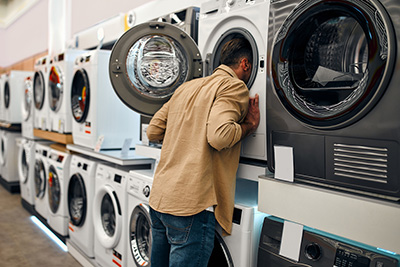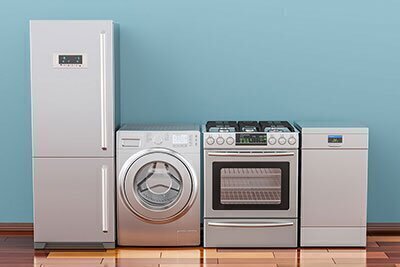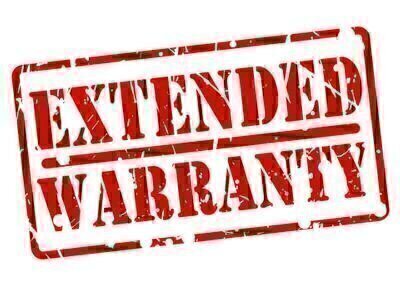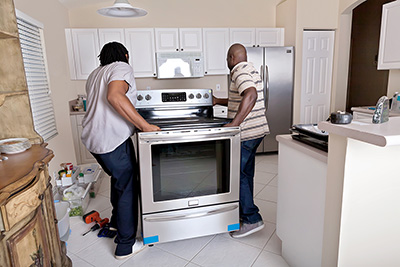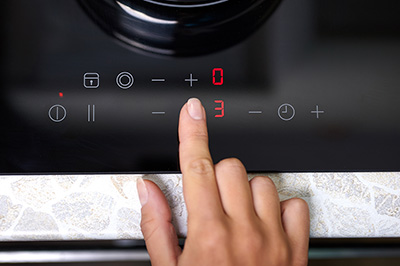Click below to listen to our Consumerpedia podcast episode on whether to fix a busted appliance or purchase a new one.
In our brave new kitchen world, the overlords would love to sell you new appliances every few years, from refrigerators that can make your grocery lists to $20,000 French stoves in shades of purple, neon green, or pink. Yes, it’s tempting to indulge in all the latest bells, whistles, and dishwasher drawer technology. But there’s often a good argument for repairing, not replacing, your old stove, microwave drawer, or Pellegrino fridge.
Our ratings and advice help you evaluate whether it’s better to buy new appliances or fix up what you’ve got. Click here for information on repairs. But if you decide to go for something shiny and new to cook your veggies or chill your wine, we have ratings of suppliers—plus tips on how to deal with them.
Unfortunately, many things can go wrong when you buy new appliances. Frequently, local stores—particularly the big chains—get low ratings from customers we survey. People aren’t happy about advice provided by salespeople and complain about delivery delays and improper, sloppy installations.
If you can’t repair an old appliance, it makes sense to spend extra for a more energy-efficient replacement. Energy Star-certified appliances tend to cost a few hundred dollars more than less efficient comparable models, but lower energy bills and rebates help cover higher price tags.
Many homeowners soon will have a big incentive to swap out gas stoves for all-electric models: A soon-to-come program will pay rebates of up to $840 to encourage households to make the switch.
Before buying anything, make sure the price is fair. Don’t assume that any sale price—even one that seems heavily discounted—is a real deal. The “sales” offered by many local stores and on most websites probably aren’t special at all. Unfortunately, at most stores the “sales” for appliances never end.
The only way to get the best price is to compare prices at several stores. If you call or email stores and mention that you’re seeking price quotes for the models you want, you’ll usually be offered even lower prices.
You don’t have to pay more to get good service. Highly rated stores were just as likely to quote low prices as their low-rated competitors. And don’t assume you’ll get low prices by buying from big chains or online: We often found lower prices elsewhere.
When comparing prices, take into account fees for delivery, hauling away old appliances, and installation. If you know your installation will be complicated or unusual, hire a top-rated plumber to do it.
Pay by credit card. If you have a problem, you can protest the charge with your card issuer.
Skip the extended warranties pushed by most stores. These offers are great deals for the stores that sell them but awful deals for most consumers.


